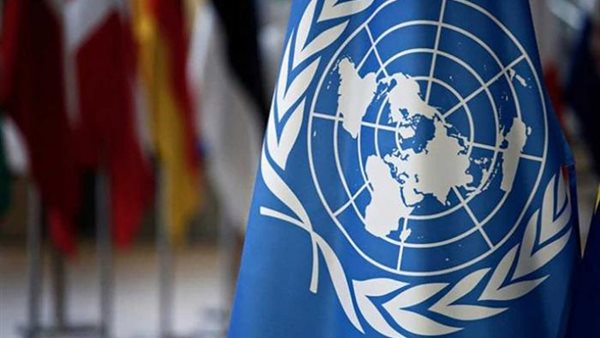The United Nations and its partners have launched joint plans to assist 28 million people in Afghanistan and 5 other countries in the region, as the population faces one of the world’s fastest growing humanitarian crises.
According to the United Nations Information Center, a joint statement issued by the United Nations Office for the Coordination of Humanitarian Affairs (OCHA) and the United Nations High Commissioner for Refugees (UNHCR) indicated that half of the population in Afghanistan suffer from acute hunger, and there are more than nine million displaced people, and millions of children are out of school. The basic rights of women and girls are under attack, farmers and herders are struggling with the worst drought in decades, and the economy is in free fall.
The joint UN statement said that the response and refugee plans combined require more than $5 billion in international funding for 2022: the Afghanistan Humanitarian Response Plan requires $4.44 billion, the largest humanitarian appeal ever launched.
The statement noted that the Regional Response Plan for the Afghan Refugee Situation requires $623 million in funding for 40 organizations working in the areas of protection, health, nutrition, food security, shelter, non-food items, water and sanitation, livelihoods and resilience, education, logistics and communications.
The Under-Secretary-General for Humanitarian Affairs and Emergency Relief Coordinator, Martin Griffiths, said: “The events in Afghanistan over the past year have unfolded with astonishing speed, with dire consequences for the Afghan people. The world is in a state of confusion and is searching for the right way to respond. Meanwhile, looming in The horizon is a complete humanitarian catastrophe.”
Griffiths urged expanding aid and staving off the spread of hunger, disease, malnutrition and ultimately death by supporting humanitarian plans, noting that violence, fear and deprivation are driving Afghans to seek safety and asylum across borders, particularly in Iran and Pakistan. Neighboring countries host more than 2.2 million registered refugees in addition to 4 million Afghans of varying status. All this has strained the capacity of the communities that host them, and they also need support.
For his part, High Commissioner for Refugees, Filippo Grandi, said: “The international community must do everything in its power to prevent a catastrophe in Afghanistan, which will not only exacerbate suffering, but lead to further displacement within the country and across the region.”

